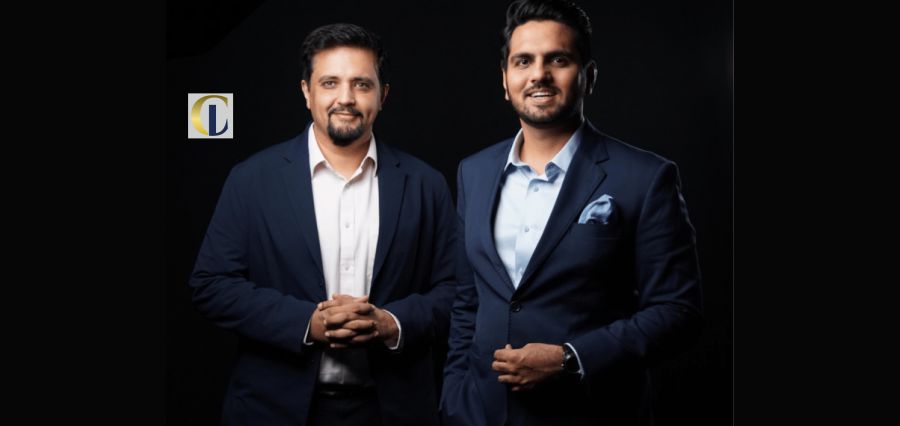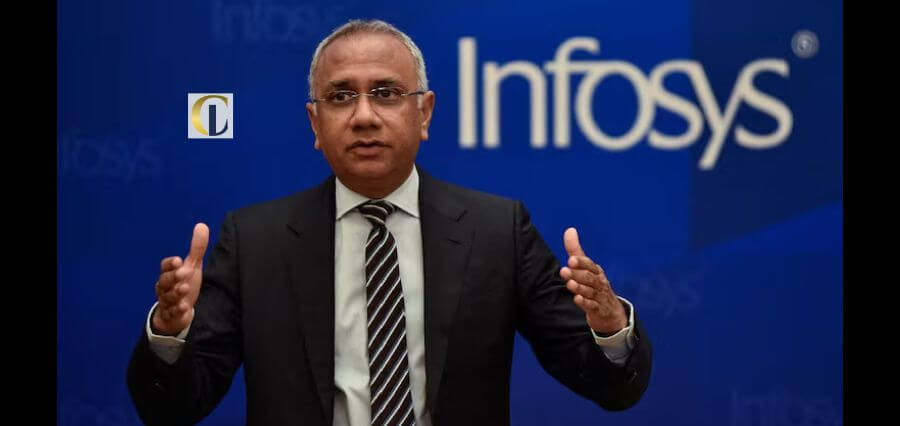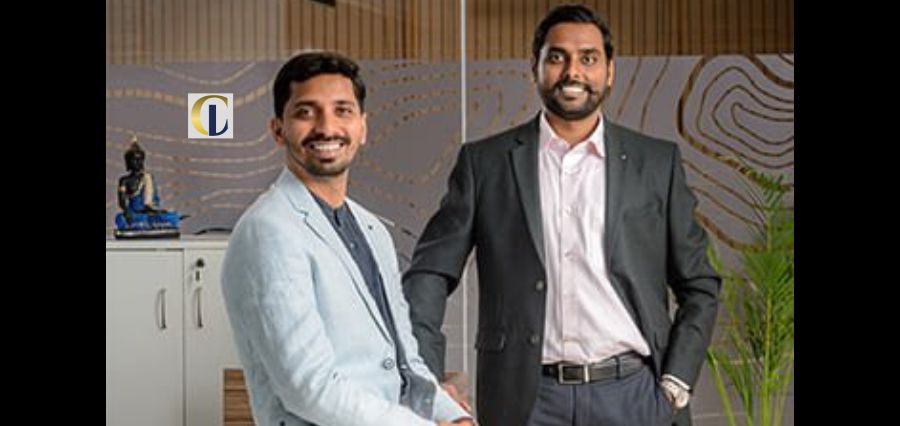“If there are challenges thrown across, then some interesting, innovative solutions are found. Without challenges, the tendency is to go on the same way.”
A man who is best known as one of India’s most respected industrialists and the Chairman of Tata Group and Tata Sons. At the age of 73, he leads one of the country’s largest conglomerates which constitutes nearly 100 firms and revenue totalling about US $67 billion. Along with that, he is also the chairman of multinational companies such as Tata Motors, Tata Steel, Tata Power, Tata Teleservices, Tata Tea, Tata Consultancy Services, Tata Chemicals, and the Indian Hotels Company. That indomitable personality is none other than Ratan Naval Tata.
Early Life
Born on December 28, 1937 in Mumbai, Ratan Tata is the great grandson of Jamshedji Tata – the founder of the Tata Group. To say that Ratan Tata was born with a silver spoon in his mouth would be an understatement, as he was brought up in one of the most affluent families in the country. After his parents split, he was raised by his grandmother.
Even though Ratan Tata was born in the Tata family, he never took power or money for granted. After finishing his schooling in Mumbai and then later Shimla, he set out for the country which he held in the highest of regards – America – the land of dreams. He completed his college education in New York’s Cornell University where he studied architecture and structural engineering. After that he completed his postgraduation in ‘advanced management program’ from Harvard Business School. And then he began his professional journey as he joined the Tata Group.
The Professional Journey
Ratan Tata started his first job in mid-1960s, which involved working with the Tata Steel division in Jamshedpur, where he worked with the blue-collar employees shovelling stone and working with furnaces. In 1971, he was promoted to the position of Director-in-Charge of the National Radio & Electronics Company Limited (NELCO). The company was in dire financial difficulty, as it had 2 percent market share in the consumer electronics market, with a loss margin of 40 percent.
But under Ratan Tata’s stewardship the company touched a market share of 20 per cent in the time period from 1972 to 1975, recovering its losses. However, in 1975 when Prime Minister Indira Gandhi declared a state of emergency which eventually led to an economic recession, the smooth rise of Nelco came to a halt. In 1977, acute union problems and eventual strikes meant the closedown of Nelco. Although Ratan Tata continued to believe in the fundamental soundness of Nelco, the venture did not survive.
Around the same time, he was entrusted with Empress Mills which he managed to turn around fairly quickly even ensuring a dividend. However, the Mill faced large labour problems and due to mounting losses stemming from decreased market demand for the Mill’s products, it finally closed down in 1986.
Enduring such hardships, Ratan Tata developed and finessed his vision which would imminently scale up the Tata Group of companies.
 Becoming the Unprecedented Tycoon
Becoming the Unprecedented Tycoon
In 1991, when JRD Tata stepped down as Tata Industries Chairman, he named Ratan Tata as his successor. With this new position, Ratan was able to usher in a wide array of reforms. Under his guidance, Tata Consultancy Services went public, and Tata Motors was listed in the New York Stock Exchange giving it more international power and recognition. During his tenure, the company witnessed the launch of ‘Indica’ – the first truly Indian car.
Ratan Tata cut down the number of companies in Tata Group from over 300 to invest in new budding businesses that showed potential. He also turned around various companies under his supervision and generated huge revenues. Additionally, Tata Group acquired multiple overseas brands to expand its reach. Tata Son’s ventured from salt to software turned into a $100 billion group under Ratan Tata’s supervision.
“I don’t believe in taking right decisions. I take decisions and then make them right.”
There are many milestones to reach and many hurdles to cross for Ratan Tata to drive the Tata group to such unprecedented heights for which it is known today. But perhaps the most amusing story is that of his clash with Bill Ford and the JLR buyout.
The Jaguar Story
At the end of the 20th century, Tata’s passenger cars business was fledgeling and after much consideration and counselling, he proposed selling the car business to American giant – Ford. But Ford showed no interest. In a three-hour long meeting at Ford headquarters in Detroit, Bill Ford (Chairman of Ford) said to Tata: “Why did you get into the passenger car business when you know nothing of it. It will be a favour if we buy this business from you.”
This ‘humiliation’ stuck with Ratan Tata as he returned back home and decided to not sell the car business but instead, work on turning it around by hook or crook.
After a few initial setbacks, Tata Motors did well, and its passenger cars business began to generate huge profits. Meanwhile, Ford did very bad financially. In 2008, Ford was on its way to bankruptcy when Tata Group offered to but its luxury car brand, Jaguar-Land Rover (JLR). This time Bill Ford arrived at Mumbai for the meeting of this sell-out and said to Ratan Tata, “You’re doing us a big favour by buying Jaguar-Land Rover.” This is truly a real-world plot twist!
After the global financial meltdown of 2008, Tata took over JLR brands for $2.3 billion. Within a few years of the buyout, JLR made a dramatic turnaround and is now the mainstay of Tata Motors’ finances. With the volatile market situation of 2020-21, it is hard to pin down the current valuation of JLR, but various estimates range from $20 billion to $33 billion.
Aspire to make a difference.
For Ratan Tata, the ambition of being one of the world’s most remarkable businessmen did not suffice. He wanted to do more. More than 65% of Ratan’s share is invested in charitable trusts. One of his primary goals of his life has been that of raising the quality of life on Indians along with human development.
Mr. R. Tata said at one of the events aimed at young entrepreneurs that it doesn’t matter what one does as long as it’s what they feel is best for them, and that it doesn’t matter if other people measure one’s condition. There is an unfathomable number of good ideas out there, but only a few people have the confidence to put them into action. He emphasizes that one should aim to deliver more than what is expected of him.
“If a founder has passion and innovation, he needs to be supported. I am more intuitive than a numbers person, and I recognise that not all investments are going to be positive. Some may fail, and some may have problems for other reasons. That is life.”
Fail Faster!
Ratan Tata, in his final year as chairman, has been keen on fostering innovation. In order to demonstrate that failure is an increasingly crucial aspect of any business strategy, a unique annual competition has been developed: an award for ‘the best failed idea’.
An insider noted that the idea behind such a competition is to keep the company from avoiding risks. The prize is meant to communicate how important trying and failing can truly be. The astute chairman has denoted failure as a gold mine.
“Ups and downs in life are very important to keep us going, because a straight line even in an E.C.G. means we are not alive.”
Some lesser-known facts about Rata Tata
Although Ratan Tata is one of the most influential businessmen in India, he is best known for his simplicity and solitude, and the words used most often to describe Ratan Tata are ‘shy’ and ‘loner’.
During his 21-year tenure as Chairman of Tata Group (1991-2012), revenue grew over 46 times to Rs. 4.75 lakh crore. Even more impressive was the increase in net profit, which increased by 51 times to over Rs. 33,500 crores. During the Ratan Tata years, investors cheered, and the group’s market capitalisation increased by 33 times.
Under Ratan Tata’s stewardship, the Tata Group became an international conglomerate, and he got Tata Tea to acquire Tetley, Tata Motors to acquire Jaguar-Land Rover, and Tata Steel to acquire Corus.








